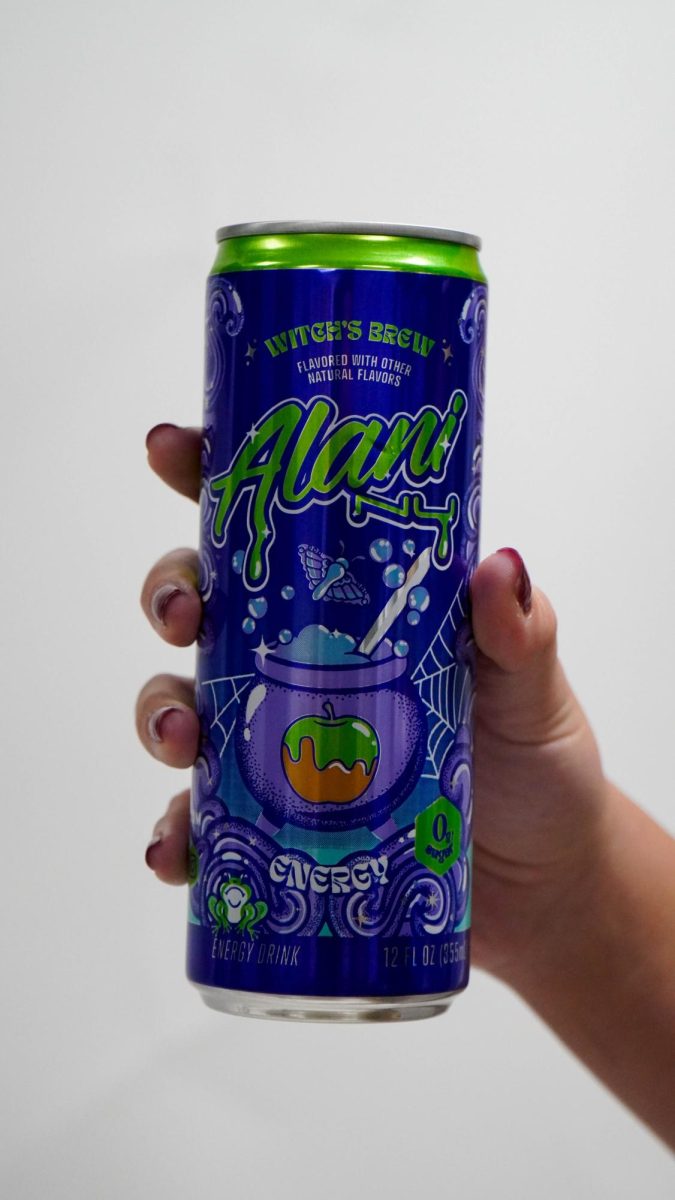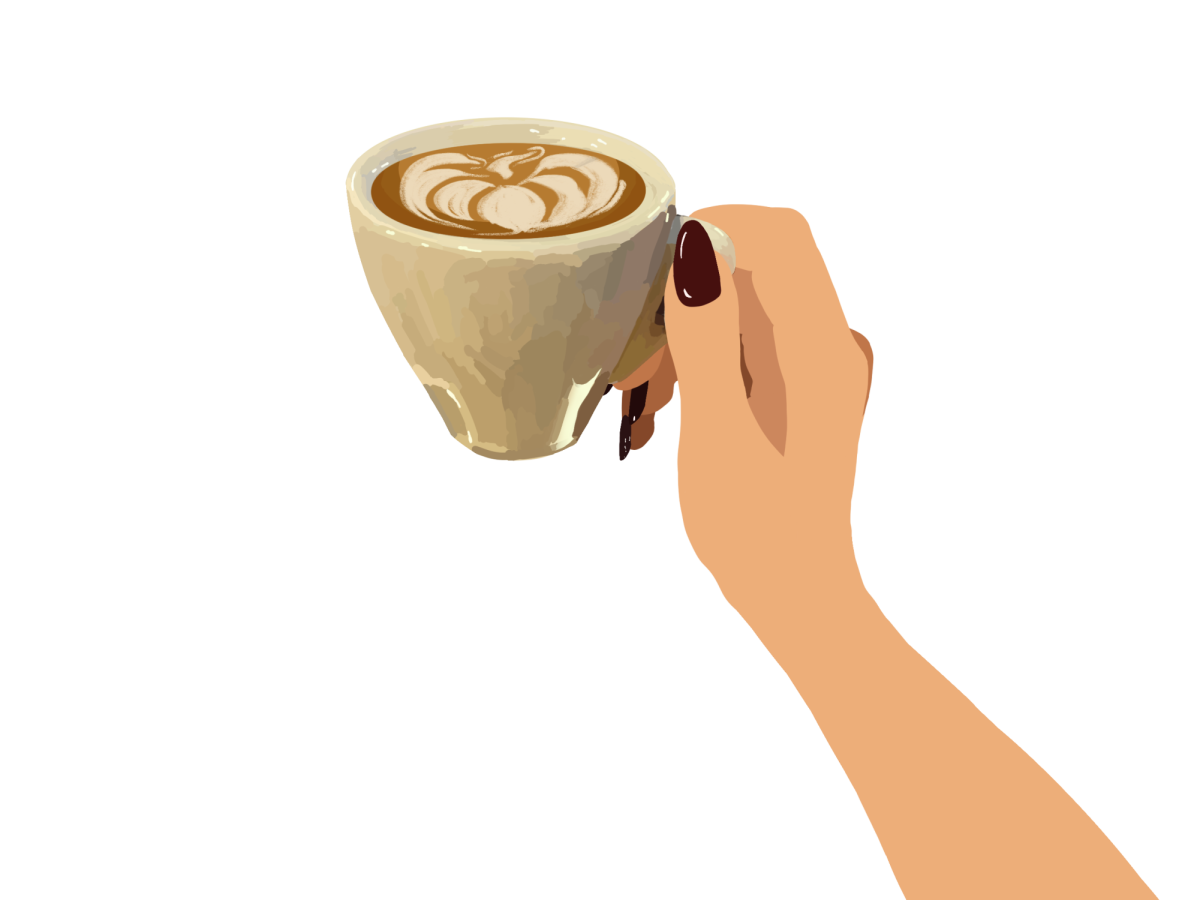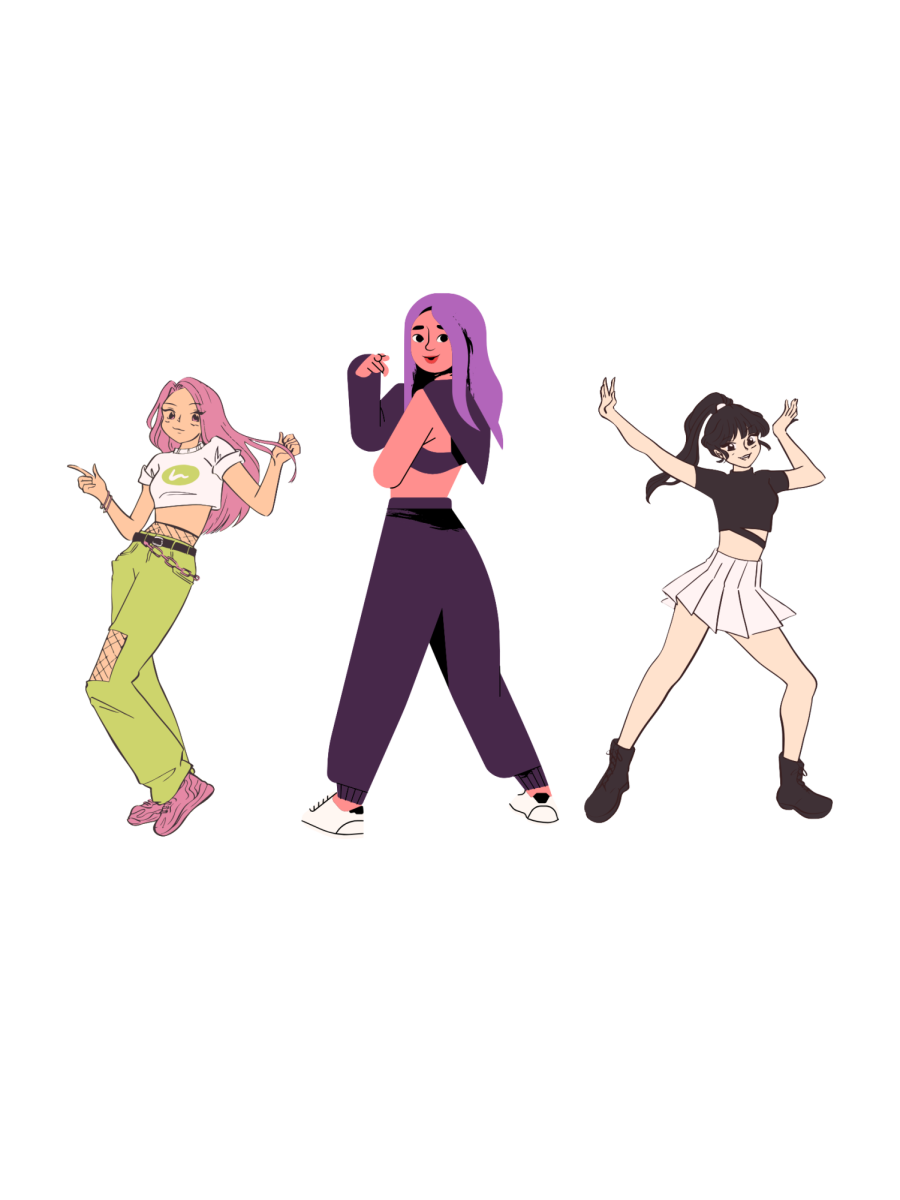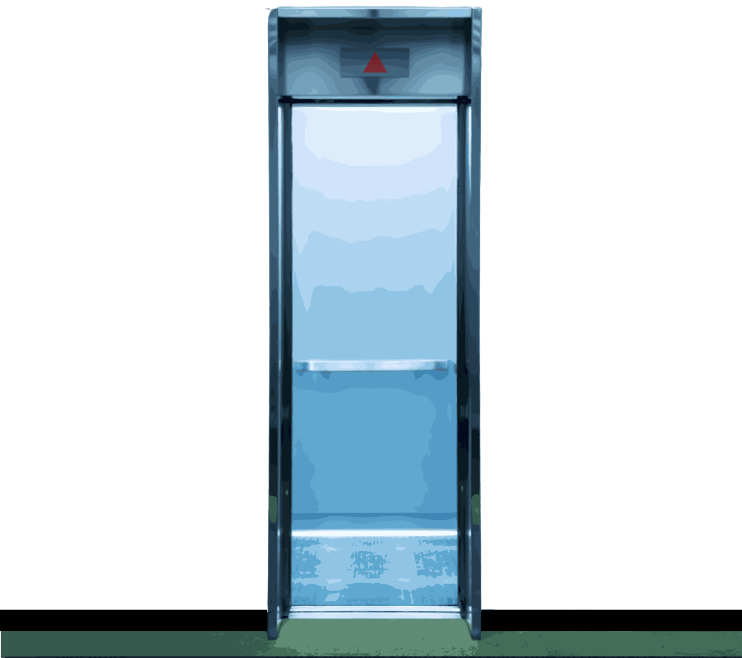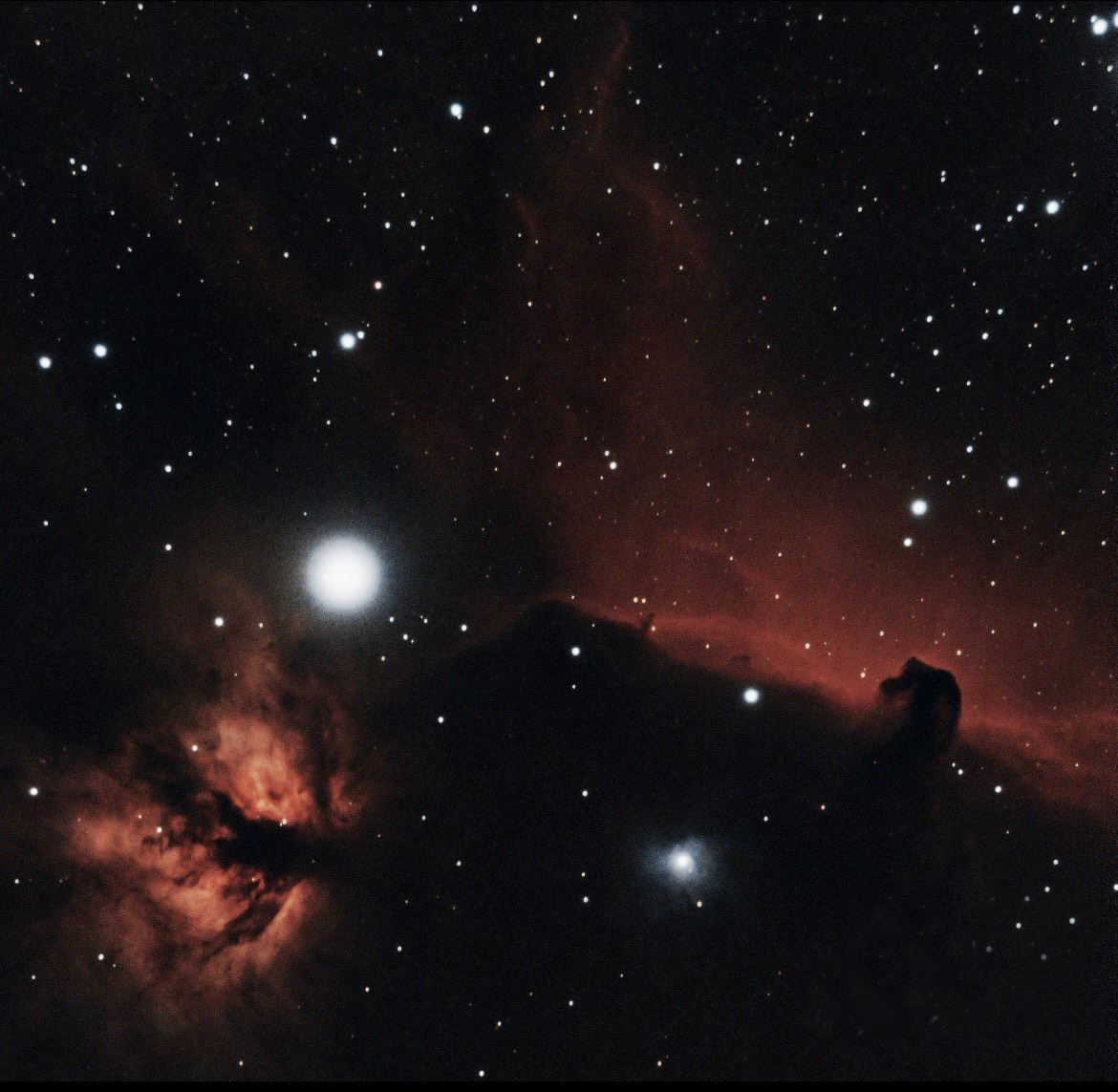Trinity’s culture of high expectations and challenging academics can make it seem like there is not enough time to get it all done. Given the rigorous academic demands and ceaseless feeling of underachieving, it is not surprising that students look for a boost of energy with caffeine once in a while. With the variety of drinks available now, it can be easy for students to succumb to the incessant cycle of energy drink dependence.
Trinity students are not alone in this trend. According to the US Department of Health and Human Services, one-third of adolescents (ages 12-17) consume energy drinks regularly.
Senior Elizabeth Carlin can consistently be spotted holding an energy drink throughout the day. Her schedule consists of leaving her house at 5:30 a.m., going to cross-country practice and then attending her classes. Somewhere in the midst of her day, Carlin will fit in an energy drink.
“When I have an energy drink, I feel like I have more pep in my step,” Carlin said. “It kind of brings me back from the dead.”
The energy drink craze is just as widespread in middle school as it is in high school. Seventh grader Sarah Nieves has not just one but two energy drinks per day. She drinks them to stay alert during school.
“Before school every morning, I drink an energy drink because I want to stay awake for my classes or a test,” Nieves said. “I’ll save the energy and start drinking it during the test so that I can stay awake and so that I can do my best.”
Most students refer to energy drinks as an addiction, and this is primarily due to the withdrawal they feel when they go without them. High stimulant and sugar contents in energy drinks contribute to the feeling of addiction, and cycle of “I need it”. AP Psychology teacher Michael Brown explains that the need for energy drinks is not as serious as a real addiction.
“Generally, if you have an addiction, it’s oftentimes negatively impacting your life in some capacity,” Brown said. ”Either you’re ignoring your other obligations, (or) you aren’t able to function without fill-in-the-blank addiction. So you’d be better off calling (energy drinks) a dependence, whereas an addiction generally has those negative side effects to it.”
While it has become normal for a 13-year-old to drink an Alani daily, no one would let them have 6 cans of Coca-Cola, though they are equivalent in caffeine dosage. Nieves drinks two energy drinks a day, admitting that she doesn’t know what they contain. According to the 2025 guidelines from Healthy Eating Research, the recommended dosage of caffeine for 12 to 18 year-olds is less than 100 milligrams, which is half the amount of many popular energy drinks.
“On the ingredients list, there’s a bunch of words I can’t pronounce,” Nieves said. “The [ingredients] have so many letters, it just looks like a kindergartener strung the letters together.”
One Controversy regarding energy drinks is the marketing towards teenagers, specifically younger kids. Energy drink brands have the power to deceptively and unfairly market adult energy drinks to children by packaging them into colorful cans or naming them fun names. Alani Nu, an energy drink brand popular among students, recently released its new Halloween flavors, “Witches Brew” and “Pumpkin Cream,” with the goal of catching the attention of kids.
“I feel like it’s the same things that always work on teenagers,” Carlin said. “Bright colors and fun flavor, like my favorite flavor of the energy drink Alani is pink slush, I don’t even know what that means.”
Although energy drink dependence might not seem bad at first glance and even appears normalized and cool, most haven’t considered the negative health symptoms developed from them. Energy drinks have been proven to pose many risks. Ingredients found in energy drinks such as “Taurine” and “Gaurana” have been linked to an increased heart rate and blood pressure and anxiety. “Ginseng,” a plant extract found in energy drinks to improve cognitive function, has been proven to cause insomnia and headaches. Although energy drinks are relatively new, they can also pose long term effects on the body such as irregular heartbeat, liver damage and acute kidney injury, according to the National Library of Medicine.
“My advisor from last year told me that one of the energy drinks, specifically Alani Witches brew, can cause sudden cardiac arrest,” Nieves said.
Amanda Dean, Health and Wellness teacher and PE coach, states that marketing can be misleading.
“Marketing is always going to tell you that it’s going to be helpful for you,” Dean said. “But if we focus on what our body really needs nutrition-wise, we need to focus on what we put into our bodies instead of what makes it feel better.”



